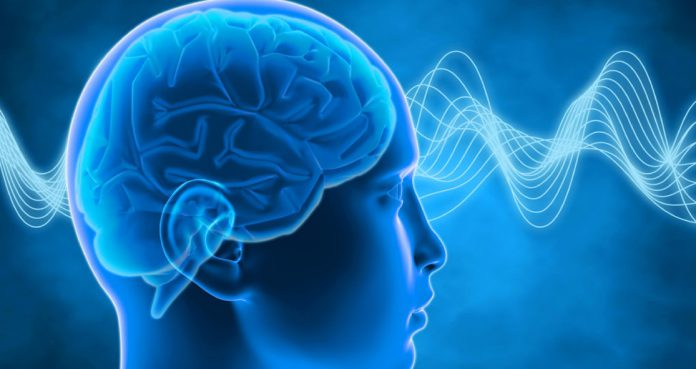How do you know whether the antidepressant that has been prescribed to you is working? Well, scientists have tried to find out how.
A new study published in the journal Nature Biotechnology has found that the brain waves predict which patients are most likely to respond to an antidepressant called Zoloft (sertraline).
Researchers conducted a study on more than 300 people with major depression and studied their brain wave patterns to see whether they respond to sertraline. They found that some participants’ brain wave pattern predicted their response to the drug.
If the approach pan out well, it could be a great sigh of relief for physicians to prescribe antidepressants to people with major depression.
Michele Ferrante from the National Institute of Mental Health, who was not involved in the study, said, “This is definitely a step forward.”
Study author and CEO of Alto Neuroscience Dr. Amit Etkin from Stanford University said, “Right now, one of our great frustrations is that when a patient comes in with depression we have very little idea what the right treatment for them is. Essentially, the medications are chosen by trial and error.”
The study researchers used artificial intelligence (AI) to analyze the brainwave patterns in the participants with major depression. They looked to see what happens when the participants were given sertraline.
They found that one brainwave pattern of electrical activity helped in predicting how well a patient would do on the drug.
Dr. Etkin said, “If the person scores particularly high on that, the recommendation would be to get sertraline.” By finding people who are particularly sensitive to an antidepressant, we can find those people for whom the drug is very effective.”























